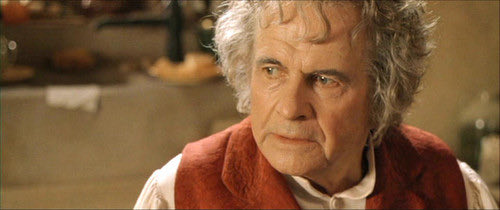
🚨In my final piece of 2020, I look ahead to Pandemic Year 2--the vaccination rollout, how the virus will react, the lingering societal scars, and the larger lessons we must learn (but risk forgetting) from this horrendous year. 1/
theatlantic.com/health/archive…
theatlantic.com/health/archive…
Things are dark now. Hope is on the horizon but so are obstacles.
As one expert said: “Think about next summer as a marker for when we might be able to breathe again. But there’s almost a year’s worth of work that needs to happen in those 6 months.” 2/
theatlantic.com/health/archive…
As one expert said: “Think about next summer as a marker for when we might be able to breathe again. But there’s almost a year’s worth of work that needs to happen in those 6 months.” 2/
theatlantic.com/health/archive…
Part 1 of this piece is about the challenges of rolling out the most complicated vaccination campaign in US history.
Part 2 looks at the new patchwork that will arise, when some parts of the US are heavily immunized & others aren’t. 3/
theatlantic.com/health/archive…
Part 2 looks at the new patchwork that will arise, when some parts of the US are heavily immunized & others aren’t. 3/
theatlantic.com/health/archive…
Part 3 is about the virus’s next move—how long the immunity from vaccination might last, whether/how the virus might evolve in response, and what happens next. 4/
theatlantic.com/health/archive…
theatlantic.com/health/archive…
Parts 4 & 5 are about the enduring scars that a year of pandemic failure will leave even as vaccinations restore a sense of normalcy—a tattered health-care system, millions of long-haulers, and widened inequities that will last a generation. 5/
theatlantic.com/health/archive…
theatlantic.com/health/archive…
Finally, Part 6 is about how we’ll think about the pandemic in hindsight, the lessons that will make us better prepared next time, and the risk that "we're trying to get through this with a vaccine without truly exploring our soul.” 6/
theatlantic.com/health/archive…
theatlantic.com/health/archive…
"There is a likely future in which America’s immune system learns lessons from COVID-19 but its collective consciousness does not."
But as 2021 progresses, we can choose to reject that future, and truly prepare ourselves for the next pandemic. 7/
theatlantic.com/health/archive…
But as 2021 progresses, we can choose to reject that future, and truly prepare ourselves for the next pandemic. 7/
theatlantic.com/health/archive…
I hope this piece steel us for the next year by laying out what we might dare hope for & what to be wary of.
I hope it reminds us to grapple with what happened in 2020 and with the high price of forgetting what “normal” cost us. 8/
theatlantic.com/health/archive…
I hope it reminds us to grapple with what happened in 2020 and with the high price of forgetting what “normal” cost us. 8/
theatlantic.com/health/archive…
• • •
Missing some Tweet in this thread? You can try to
force a refresh








